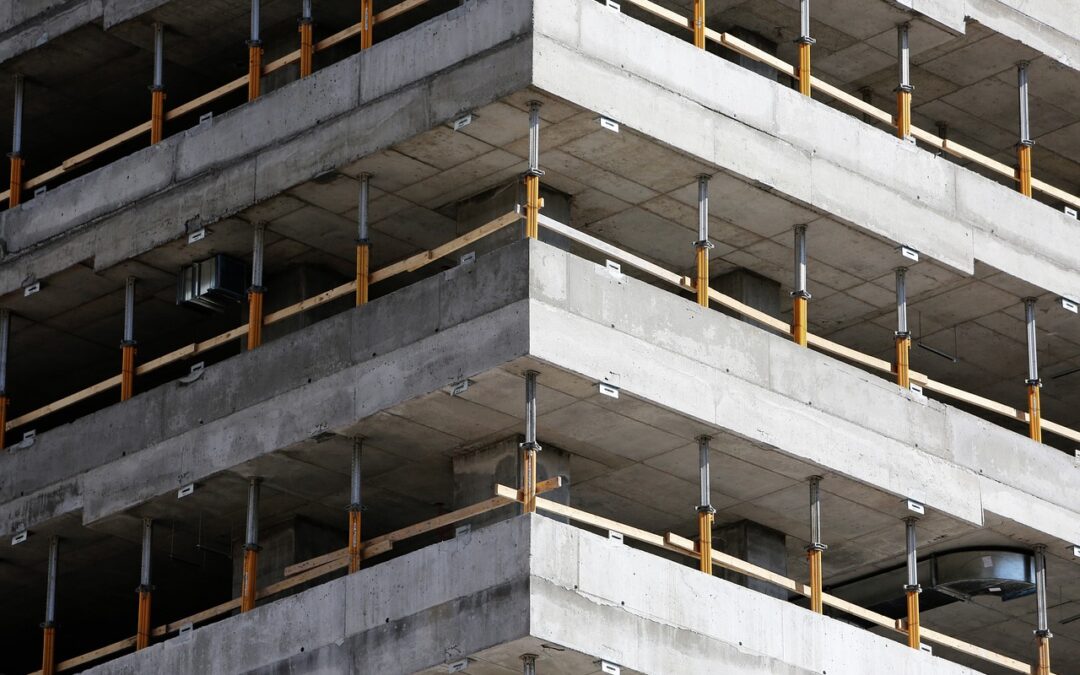TL;DR – Too Long; Didn’t Read
Ensure the safety and stability of your home with comprehensive concrete foundation evaluations and inspections. These assessments identify potential issues, such as cracks, settlement, and water damage, allowing for timely repairs and preventing costly future problems.
Introduction: Safeguarding Your Foundation for a Strong Future
A solid foundation is crucial for the integrity and longevity of any structure. For concrete foundations, regular evaluations and inspections are essential to detect and address potential issues that could compromise their stability. This article delves into the significance of concrete foundation evaluations and inspections, outlining the benefits, procedures, and key aspects to consider.
H2: Importance of Concrete Foundation Evaluations
Concrete foundations bear the weight of your home and protect it from external forces. Evaluations conducted by qualified inspectors detect hidden problems that may not be apparent to the untrained eye. Identifying these issues early on allows for timely interventions, preventing expensive repairs and potential structural damage.
H3: Benefits of Regular Inspections
- Proactive Maintenance: Avoid costly surprises by proactively addressing potential foundation problems.
- Identify Hidden Issues: Detect cracks, settlement, water damage, and other issues that may not be visible to the untrained eye.
- Peace of Mind: Rest assured that your home’s foundation is structurally sound and safe for your family.
- Maximize Home Value: A well-maintained foundation enhances the value of your property by ensuring its stability and longevity.
H2: What to Look for in a Concrete Foundation Evaluation
A comprehensive concrete foundation evaluation should cover several key aspects:
- Visual Inspection: Thorough examination for cracks, chips, spalling, and other visible defects.
- Load-Bearing Capacity: Assessment of the foundation’s ability to withstand the weight of the structure.
- Settlement: Identification of any uneven settling that can indicate potential structural issues.
- Water Damage: Inspection for leaks, efflorescence, and other signs of moisture penetration.
- Drainage: Evaluation of the adequacy of drainage systems surrounding the foundation to prevent water accumulation.
H2: Inspection Procedures
- Non-Invasive Methods: Visual inspections and moisture meters to detect surface issues without causing damage.
- Core Samples: If necessary, small samples of concrete are extracted for laboratory analysis to determine the material’s composition and strength.
- Soil Testing: Assessment of the soil conditions surrounding the foundation to identify potential settlement or drainage problems.
H2: When to Schedule an Inspection
- New Construction: As part of the construction process to ensure the foundation meets building codes and design specifications.
- Post-Construction: Periodically to assess the foundation’s performance and detect any changes over time.
- After Major Events: Following earthquakes, floods, or other incidents that may have impacted the foundation.
- When Problems Arise: If you notice cracks, settling, or other signs of potential foundation issues.
H2: Professional Expertise Matters
Hiring a qualified and experienced concrete foundation inspector is crucial for accurate and reliable evaluations. Look for professionals:
- Certified by reputable organizations
- Possessing extensive knowledge of concrete structures
- Equipped with the latest inspection technologies
- Providing detailed reports with clear recommendations
H2: Conclusion: Investing in Foundation Stability
Concrete foundation evaluations and inspections are a wise investment in the safety and value of your home. By proactively addressing potential issues, you ensure a solid foundation for years to come. Remember, a strong foundation is the cornerstone of a secure and stable living environment.

